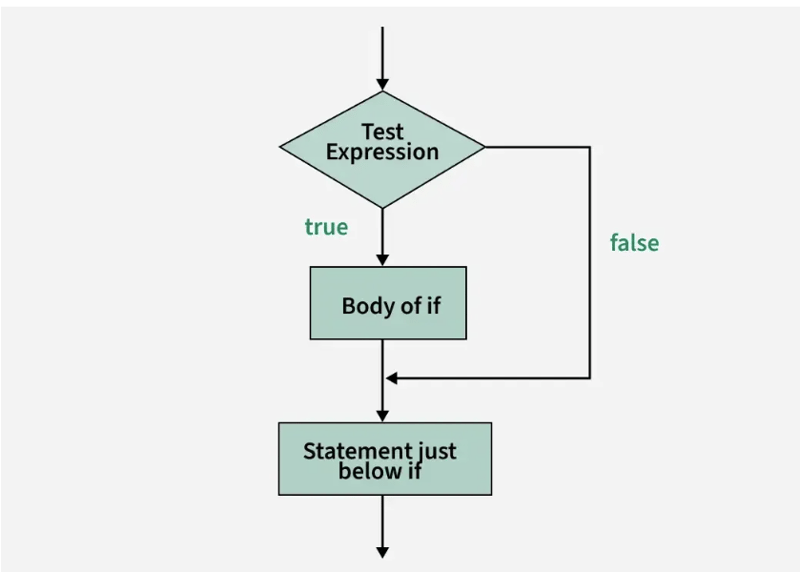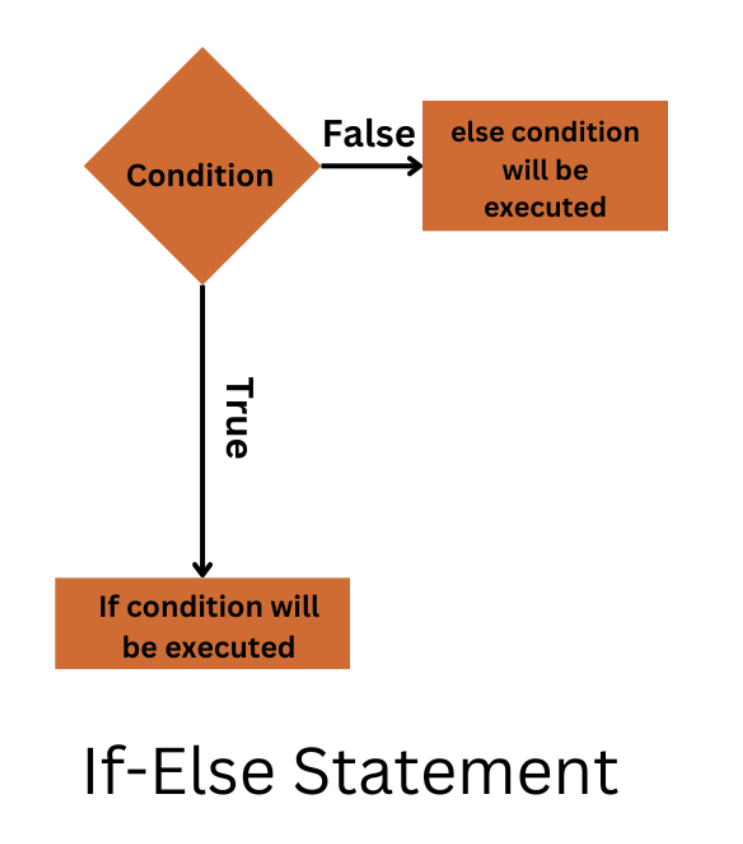条件语句:java中的条件控制
Java使用条件语句(例如if-else语句)来控制程序流程,根据条件的真假执行不同的代码块。if-else语句包含一个初始条件,以及针对条件为真和为假时的不同代码块。程序根据条件的评估结果(true或false)选择执行相应的代码块。
条件语句类型:
if语句:如果条件为真,则执行语句块;否则不执行任何操作。
if-else语句:如果条件为真,则执行if块;否则执行else块。
if-else-if语句:允许检查多个条件,依次执行满足条件的代码块,直到找到一个为真的条件或执行完所有条件。
switch语句:根据表达式的值选择执行不同的代码块。
if语句示例:


第一团购软件是基于Web应用的B/S架构的团购网站建设解决方案的建站系统。它可以让用户高效、快速、低成本的构建个性化、专业化、强大功能的团购网站。从技术层面来看,本程序采用目前软件开发IT业界较为流行的ASP.NET和SQLSERVER2000数据库开发技术架构。从功能层面来看,前台首页每天显示一个服务或插产品的限时限最低成团人数的团购项目,具有邮件订阅,好友邀请,人人网、开心网、新浪微博、MSN
 0
0

package day1if;
public class Main {
public static void main(String[] args) {
int bat = 500;
if (bat >= 500) {
System.out.println("go to play");
}
System.out.println("don't play"); // 这行代码无论条件是否成立都会执行
}
}输出:
go to play don't play
if-else语句示例:

package day1if;
public class Main1 {
public static void main(String[] args) {
int bat = 500;
if (bat > 600) {
System.out.println("go to play");
} else {
System.out.println("don't play");
}
}
}输出:
don't play
if-else-if语句:
(此处应补充if-else-if语句的示例代码和解释) if-else-if语句允许测试多个条件,代码结构如下:
if (condition1) {
// Code to execute if condition1 is true
} else if (condition2) {
// Code to execute if condition2 is true
} else if (condition3) {
// Code to execute if condition3 is true
} else {
// Code to execute if none of the above conditions are true
}通过以上示例和解释,可以清晰地理解Java中不同类型的条件语句及其使用方法。 请注意,示例代码中存在一些小问题,例如第一个例子中"don't play"的输出不受if语句控制,第二个例子中变量名大小写不一致(string应该为String)。 修改后的代码更符合规范。
以上就是第16天的详细内容,更多请关注php中文网其它相关文章!

每个人都需要一台速度更快、更稳定的 PC。随着时间的推移,垃圾文件、旧注册表数据和不必要的后台进程会占用资源并降低性能。幸运的是,许多工具可以让 Windows 保持平稳运行。

Copyright 2014-2025 https://www.php.cn/ All Rights Reserved | php.cn | 湘ICP备2023035733号